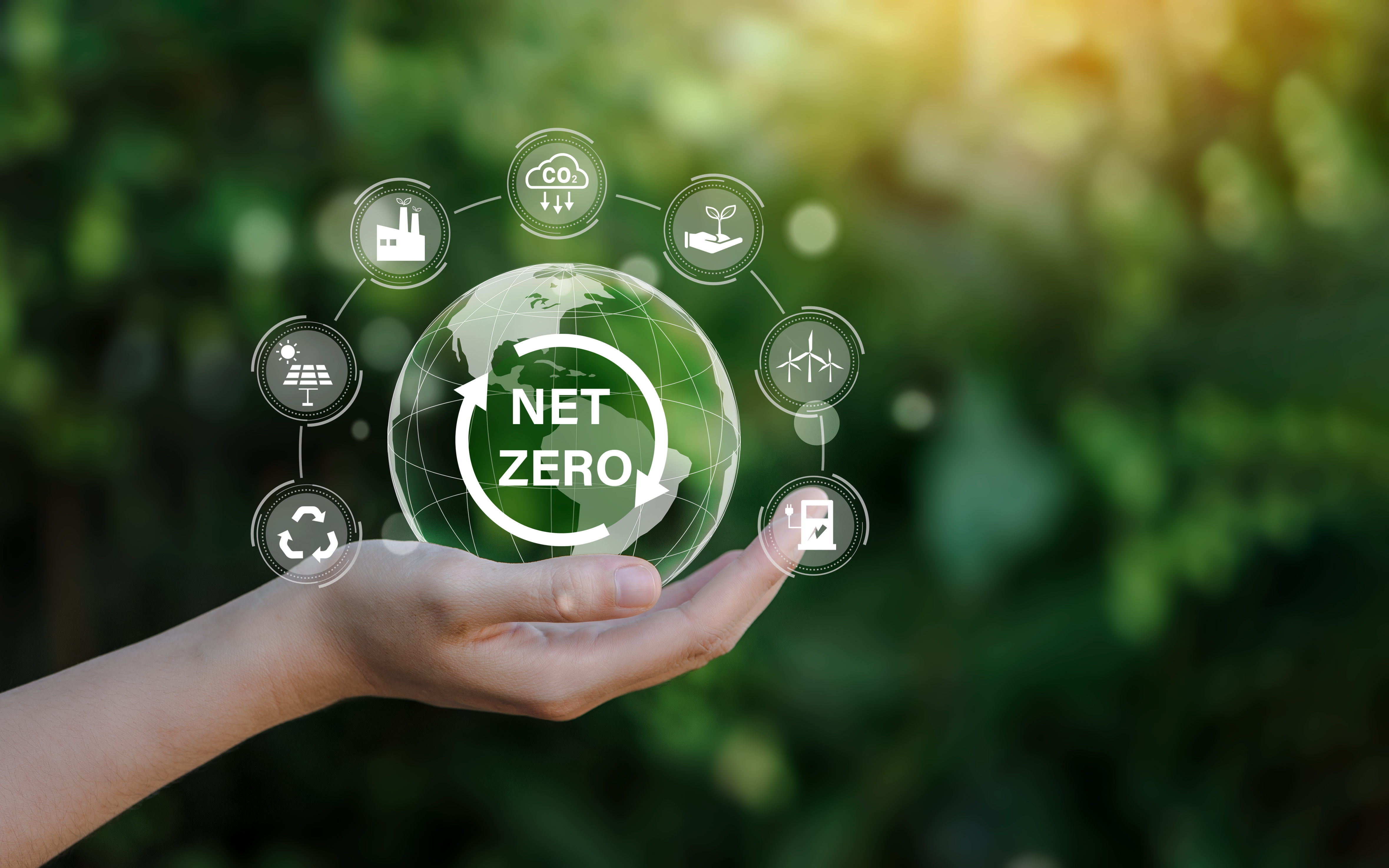
The IOE&IT’s latest round-up of all things ‘green trade’ looks at a brewing cabinet dispute over a proposed carbon tax, updates on US president Joe Biden’s Inflation Reduction Act and the race to become the global leader in solar exports.
CBAM debate
A cabinet debate is starting to emerge over the upcoming Carbon Border Adjustment Mechanism (CBAM).
As reported by the IOE&IT Daily Update, the government has previously announced a consultation on the border mechanism that is due to close on 22 June.
Under a CBAM, additional taxes could be placed on imports of products that are made using highly polluting processes, partly to safeguard domestic industry from goods produced in countries with less stringent environmental standards.
However, according to Politico, international business and trade minister Kemi Badenoch and energy secretary Grant Shapps are said to be at odds with each other over the policy.
Badenoch is said to be against the idea of increased taxes at the border, citing fears that any additional levies could hit UK trade at a delicate time for the domestic economy, while Shapps is lobbying in favour of CBAM.
Prime minister Rishi Sunak recently called the idea “sensible and reasonable.”
Inflation Reduction Act trimmed
US legislators look to have trimmed some of the funding for president Joe Biden’s $80bn Inflation Reduction Act but could support the deal to raise the debt ceiling before a 5 June deadline, reports CNBC.
Biden said on Friday (26 May) he was “very optimistic” about reaching a deal which would raise the debt ceiling for two years, officials familiar with the negotiations said.
British power generator Drax is looking to expand in North America to take advantage of the benefits offered by the act, which rewards green investment in the US.
The firm said today it has selected two sites in the US for new bioenergy projects with carbon capture and storage, each costing roughly $2bn, and that it is continuing to evaluate a further nine sites in North America.
Chinese solar leads world on cost
Trade tensions with China “have taken a back seat to high power prices” as consumers and developers bought more solar panels from China than anywhere else, resulting in a 64% surge in China’s solar exports to $52bn in 2022.
Europe remained the country’s top export market with a 56% market share. The US industry struggled to compete with China’s costs, which were up to 57% cheaper than US- and EU-produced modules, reports Renewable Energy News.
Alex Whitworth, research director from Wood Mackenzie, which carried out the analysis, told Rigzone that even with $41bn of investment the US would be at a disadvantage.
US plans to produce 100% of modules by 2026 will be difficult “due to a significant lack of wafer and cell production in the region, and incentives cannot fully bridge the manufacturing cost gap”, he said.
Edie.net reports that the UK is looking to reach its own solar installation targets by incentivising installing solar on commercial sites, including offices, schools, warehouses and car parks.
The idea was floated by a new industry-led Solar Taskforce which also discussed plans to publish a solar roadmap next year.
EU online ESG data plan
The European Parliament and EU member states have agreed to establish a single point of access for individuals and companies to access financial and sustainability-related information about European companies.
Named the European Single Access Point (ESAP), this should facilitate the cross-border circulation of company information and encourage cross-border investments, reports Edie.net.
Euractiv reports that ESAP will allow Europe’s largest institutional investors “to access robust, comparable and reliable financial and ESG data”.
However, it will take four years before the ESAP will be made available to the public in 2027.
The EU’s Commissioner for Financial Services, Mairead McGuinness, who proposed ESAP a year and a half ago, tweeted her congratulations on the agreement.
UN torn over carbon removal sector
The UN’s climate body has said technologies that claim to suck carbon from the atmosphere are “unproven” and potentially risky.
Climate Change News reports a briefing note from the UN’s climate body (UNFCCC) saying that these concerns mean the technology is not suitable for offsetting carbon emissions under an upcoming UN global scheme.
More than 100 figures from the multi-billion carbon removal industry signed a letter asking the UN body to not to rule out any specific activity, but to “let science, innovation, and the market compete to deliver the solutions”.
According to Axios, the UNFCCC criticism of “engineered removals” is at odds with the UN’s own Intergovernmental Panel on Climate Change (IPCC) which has concluded removal is needed in order to bring global carbon emissions to net zero.



